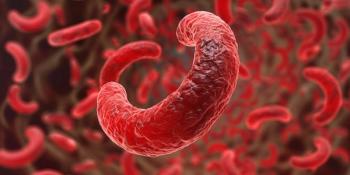
The first thought that emerges is: how can we, as strong and persistent advocates for children and health equity, effectively remove barriers for accessing care that is driven by a dependency on financial resources?

The first thought that emerges is: how can we, as strong and persistent advocates for children and health equity, effectively remove barriers for accessing care that is driven by a dependency on financial resources?

Donna Hallas, PhD, PPCNP-BC, CPNP, PMHS, FAANP, FAAN, shares her thoughts on the latest issue of Contemporary Pediatrics and how these articles can be utilized in the everyday practice of PNPs.

Donna Hallas, PhD, PPCNP-BC, CPNP, PMHS, FAANP, FAAN, highlights the April 2024 issue of Contemporary Pediatrics.

Donna Hallas, PhD, CPNP, PPCNP-BC, PMHS, FAANP, FAAN, shares her thoughts on the latest issue of Contemporary Pediatrics.

Donna Hallas shares her perspectives on the most recent issue of Contemporary Pediatrics.
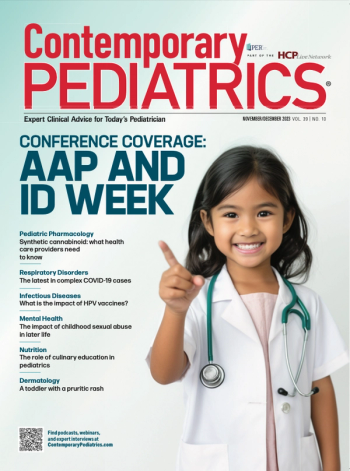
Donna Hallas, PhD, PPCNP-BC, CPNP, PMHS, FAANP, FAAN, offers her perspective on the latest articles from the November/December issue of Contemporary Pediatrics.

Donna Hallas, PhD, PPCNP-BC, CPNP, PMHS, FAANP, FAAN, shares her thoughts on the Contemporary Pediatrics' October 2023 vaccine issue.
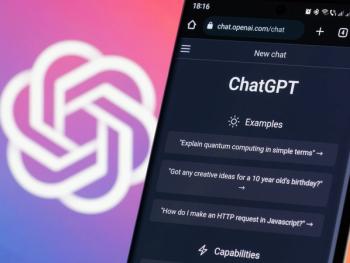
Donna Hallas, PhD, PPCNP-BC, CPNP, PMHS, FAANP, FAAN, shares her thoughts on the latest issue of Contemporary Pediatrics, including her concern with using ChatGPT for medical information and decisions.

Donna Hallas PhD, PPCNP-BC, CPNP, PMHS, FAANP, FAAN, reflects on an article about wildfire inhalation and children, published in our August 2023 issue, and provides pediatric nurse practitioners some tips if they encounter these types of cases.

Donna Hallas, PhD, PPCNP-BC, CPNP, PMHS, FAANP, FAAN, recaps her thoughts on the latest issue of Contemporary Pediatrics.

Donnas Hallas, PhD, PPCNP-BC, CPNP, PMHS, FAANP, FAAN, shares her thoughts on the June issue of Contemporary Pediatrics®.
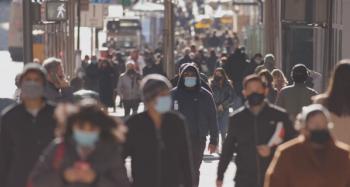
Donna Hallas, PhD, PPCNP-BC, CPNP, PMHS, FAANP, FAAN, asks if health care providers are ready for this post pandemic world following the declaration of the end of the global health emergency from WHO in May 2023.

Read Donna Hallas’ thoughts on our April issue here!

Check out the latest news, notes, and headlines from the National Association of Pediatric Nurse Practitioners 44th National Conference on Pediatric Health Care, held March 15-18, 2023, in Orlando, Florida.
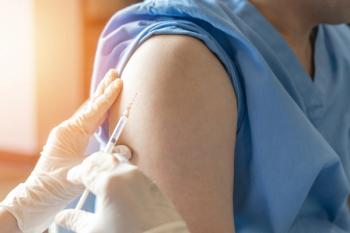
This commentary describes the story of Kimberly Coffey and the role pediatric/adolescent practitioners play in the prevention of invasive meningococcal meningitis by discussing with parents, adolescents, and young adults the value of accepting the meningitis B vaccine (MenB).

What questions should PNPs consider related to women’s health?
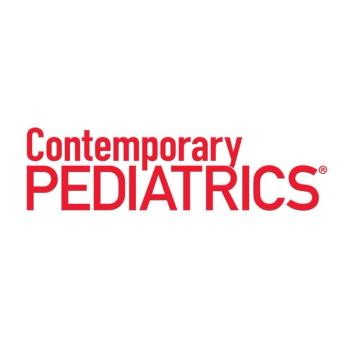
Establish new practice goals, timelines for evaluating the progress on meeting the goals, and use continuous quality improvement measures to meet the established goals.

Donna Hallas, CPNP, FAAN, FAANP, PMHS, PPCNP-BC, PhD, discusses the top news from the October issue of Contemporary Pediatrics®.

Throughout human history, technology has shaped every aspect of how we live and has allowed us to live longer, healthier lives. Read how technological advances in pediatrics are transitioning the specialty into a new normal.

With many adolescents on the way to school, it's important to ensure your practice is taking the opportunity to talk with them and give them the tools they need be successful.

The annual back-to-school physical examination offers an opportunity to ensure that children haven't missed important learning goals, particularly due to the pandemic.
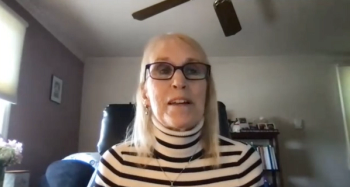
Contemporary Pediatrics® Editorial Advisory Board member Donna Hallas discusses being a recipient of the NYU Distinguished Teaching Award.

It may not be included in the differential diagnosis and can seem like it's cyclic vomiting syndrome, but a cannabinoid hyperemesis syndrome diagnosis can be found through diligent history and compassionate care.

As we begin to navigate our way through year 3 of the COVID-19 pandemic, it's time to question whether mental and behavioral concerns have been ignored.

Gun violence is an issue with many causes and will require solutions that address mental health and poverty.

It may have been months since you've seen some patients as a result of COVID-19. Reaching out to patients and their families can be important to determining if there are red flags.

The November issue covered a variety of topics on vaccination, which can help clinicians have candid conversations with colleagues, patients, and families.

Between the subtle differences between viral and bacterial pneumonia and the demands or beliefs of certain parents can make an accurate diagnosis of community-acquired pneumonia (CAP) more difficult.
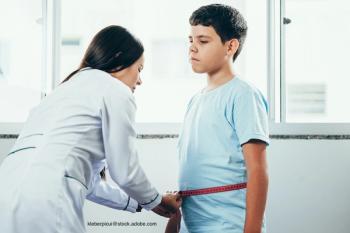
School nurses and nurse practitioners play an important role in assessing the child’s health status related to obesity, potential for co-morbidities, and implementing appropriate management strategies.
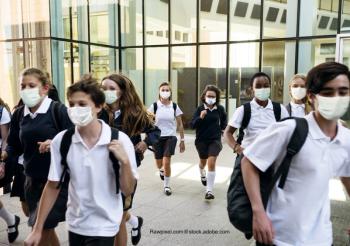
Children are returning to school, amidst a pandemic that is surging and even more dangerous for the pediatric population. How can pediatric nurse practitioners keep children safe?